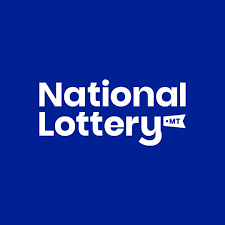
A lottery is a form of gambling in which players purchase tickets for a chance to win a prize. Prizes are usually cash or goods. The winning ticket must match a series of numbers or symbols to claim the prize. Typically, a portion of the proceeds from the lottery is donated to a charitable cause. In the United States, state governments operate lotteries. Players can choose how they want to receive their prizes: all at once (a lump sum) or in installments over several years (an annuity).
The drawing of lots to determine property ownership or other rights is recorded in ancient documents. The Old Testament instructs Moses to take a census of Israel and divide land by lot, while Roman emperors used lotteries to give away property and slaves. During the colonial period, American lotteries helped finance roads, libraries, churches, canals, and schools. Lotteries also supported private ventures, such as the building of Faneuil Hall in Boston and the construction of the Mountain Road in Virginia.
Many people play the lottery regularly, and a small percentage are lucky enough to become multimillionaires. However, playing the lottery is a dangerous form of gambling, and you should avoid it if you can. In addition to the financial risks, lottery addiction can destroy your life. If you have a problem with gambling, seek help from your doctor or a counselor.
While the odds of winning are slim, a lottery is an excellent way to make money in a short amount of time. However, you should keep in mind that it’s important to play responsibly and follow proven strategies. The key is to understand the odds and how to maximize your chances of winning.
Some tips for playing the lottery include buying new tickets frequently, analyzing past results, and avoiding games with poor odds. In addition, you should never play a scratch-off ticket that’s been on the shelf for a long time, as the prizes may have expired.
If you’re interested in learning how to play the lottery, look for a website that provides a break-down of different games and their prizes remaining. If possible, try to buy your tickets shortly after the website updates its records so you can be sure that the game is still active and has not expired.
Another tip is to pay close attention to the outside of the ticket and count the number of times each digit repeats. Ideally, you should look for “singletons” that appear only once. On a separate sheet of paper, draw a mock-up of the ticket and mark each space that contains a singleton. A group of singletons indicates that the ticket is a winner. You should be able to find this information on the lottery’s official website. You can also use a free online lottery calculator to estimate the likelihood of a singleton appearing. The more you study, the better you’ll become at recognizing these patterns. This technique works for all types of lottery games, including keno.
